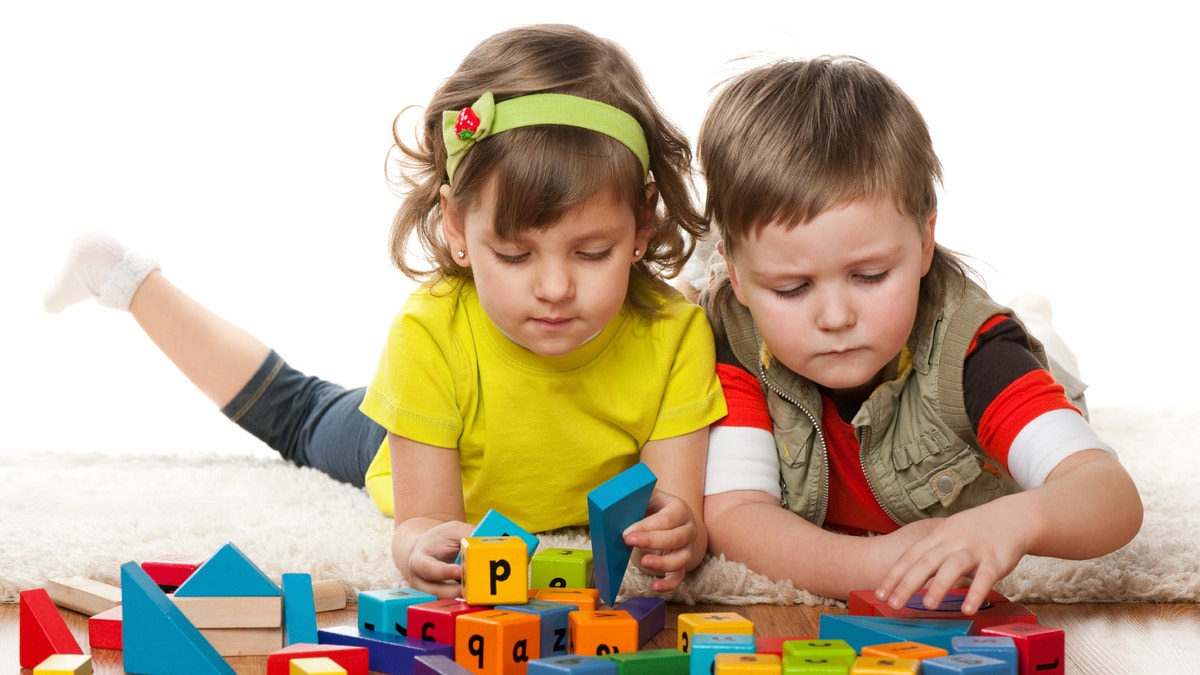
(Sergiy Nykonenko)
Child-rearing trends might seem to blow with the wind, but most adults would agree that preschool children who have learned to talk shouldn’t lie. But learning to lie, it turns out, is an important part of learning in general—and something to consider apart from fibbing’s ethical implications.
The ability to bend the truth is a developmental milestone, much like walking and talking. Research led by Kang Lee, a psychology professor at the University of Toronto, shows that lying begins early in precocious children. Among verbal 2-year-olds, 30% try to pull the wool over their parents’ eyes at some point. At age 3, 50% regularly try it. Fibbing is common among 80% of 4-year-olds and is seen in nearly all healthy 5- to 7-year-olds.
In other words, lying is nothing unusual in small children. What’s more, younger children who tell tales have a cognitive advantage over the truth-tellers, Dr. Lee said. “Lying requires two ingredients. Children need to understand what’s in someone else’s mind—to know what they know and what they don’t know. We call this ability theory of mind. The children who are better at theory of mind are also better at lying.”
The second requirement, according to Dr. Lee, is executive function—the power to plan ahead and curb unwanted actions. “The 30% of the under-3s who can lie have higher executive function abilities,” he said, “specifically the ability to inhibit the urge to tell the truth and to switch to lying.”
Such cognitive sophistication means that these early liars will be more successful in school and in their dealings with other kids on the playground, he added.
Though Dr. Lee had known for decades that children who excel at theory-of-mind tasks are better liars, he didn’t know which came first. Does lying make children better at guessing what other people are thinking? After all, trying half-truths on for size would elicit feedback from adults that would reveal something about their mental states. Or is it that if you teach people to imagine what’s going on in others’ minds, they then become better fabricators? He tested that notion in an experiment that he published in the journal Psychological Science last November.
Theory-of-mind training has become a popular tool for helping children on the autistic spectrum as well as those with behavioral problems. The training walks children through situations that help them to discover that other people could have knowledge or beliefs different from their own. In Dr. Lee’s lab the children are also read stories rich in information about people’s mental states. “So we asked, what are the side effects? Can we induce lying by training theory of mind?” Dr. Lee said.








































